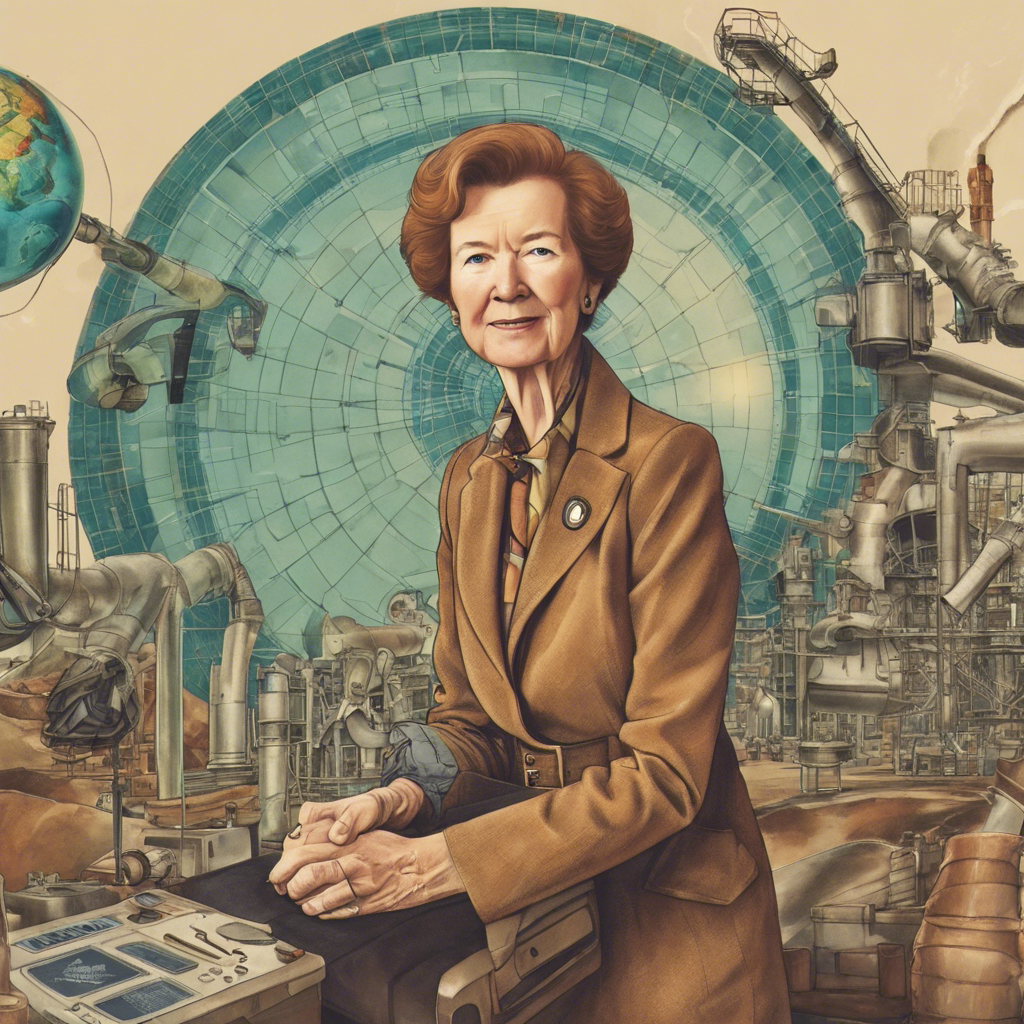Science Communication and the Paradox of Pessimism

Navigating the Clash Between Scientific Worldview and Human Values
In an era where science is encroaching upon the territory once dominated by religion, questions about the origins of the universe, life, and consciousness are being tackled by scientists. However, the way science is communicated often paints a pessimistic picture of the world. From questioning the authenticity of our emotional connection with pets to contemplating the ultimate fate of humanity, these narratives clash with deeply held human values of meaning, purpose, and free will. This article explores the paradoxes inherent in science communication and the need for a more sensitive and anthropological approach to bridge the gap between scientific discoveries and human values.
The Copernican Principle:
One of the fundamental tenets of science communication is to mobilize people to address pressing global challenges such as the COVID pandemic and climate change. However, scientists and science communicators often adopt the Copernican principle, which suggests that humans are not special observers of the universe. This principle challenges the notion of human uniqueness and dismisses any attempt to ascribe meaning or exceptionalism to human life as unscientific. While this perspective may be acceptable to scientists, it can create conflicts with the values that humanity holds dear.
Paradoxes in Science Communication:
Science communication faces two paradoxes that are often difficult to reconcile. On one hand, science suggests that we live in a deterministic world devoid of free will, yet it urges us to make choices to accept scientific findings and prevent climate change. On the other hand, science paints a picture of a universe destined to end in a dead, freezing void with life having no inherent meaning. However, it simultaneously implores us to take action to prevent climate change and protect our planet. These paradoxes can lead to skepticism and reluctance to accept scientific arguments, especially when they clash with deeply held beliefs and values.
Science Communication and Beliefs:
While science itself may not care about what people believe, science communication should take into account the beliefs and values of its audience. Health communication provides a valuable example of adapting messaging to different cultural and religious beliefs to achieve the best health outcomes. Similarly, science communication should strive to understand and respect the values of its audience, recognizing that non-science factors play a significant role in shaping beliefs and attitudes. By doing so, science communication can bridge the gap between scientific discoveries and human values, ultimately making the world a better place.
The Opposite Poles of the Debate:
The battle between science and religion often overshadows the ultimate goal of science communication – to improve the world. Instead of getting caught up in the drama of this clash, science communicators should adopt a more sensitive and anthropological approach. By understanding what people value and how to reach them, science communication can effectively convey scientific advancements without undermining the meaning and purpose that individuals find in their lives. It is crucial to acknowledge that while science may reveal the impermanence of life, it also offers hope and strategies to navigate our existence.
Conclusion:
Science communication plays a vital role in addressing global challenges and shaping public opinion. However, the clash between scientific discoveries and human values can create skepticism and reluctance to accept scientific arguments. To bridge this gap, science communicators should adopt a more sensitive and anthropological approach, recognizing the significance of non-science factors in shaping beliefs and attitudes. By understanding and respecting the values of their audience, science communicators can effectively convey scientific advancements while acknowledging the meaning and purpose that individuals find in their lives. In doing so, science communication can truly make the world a better place.










